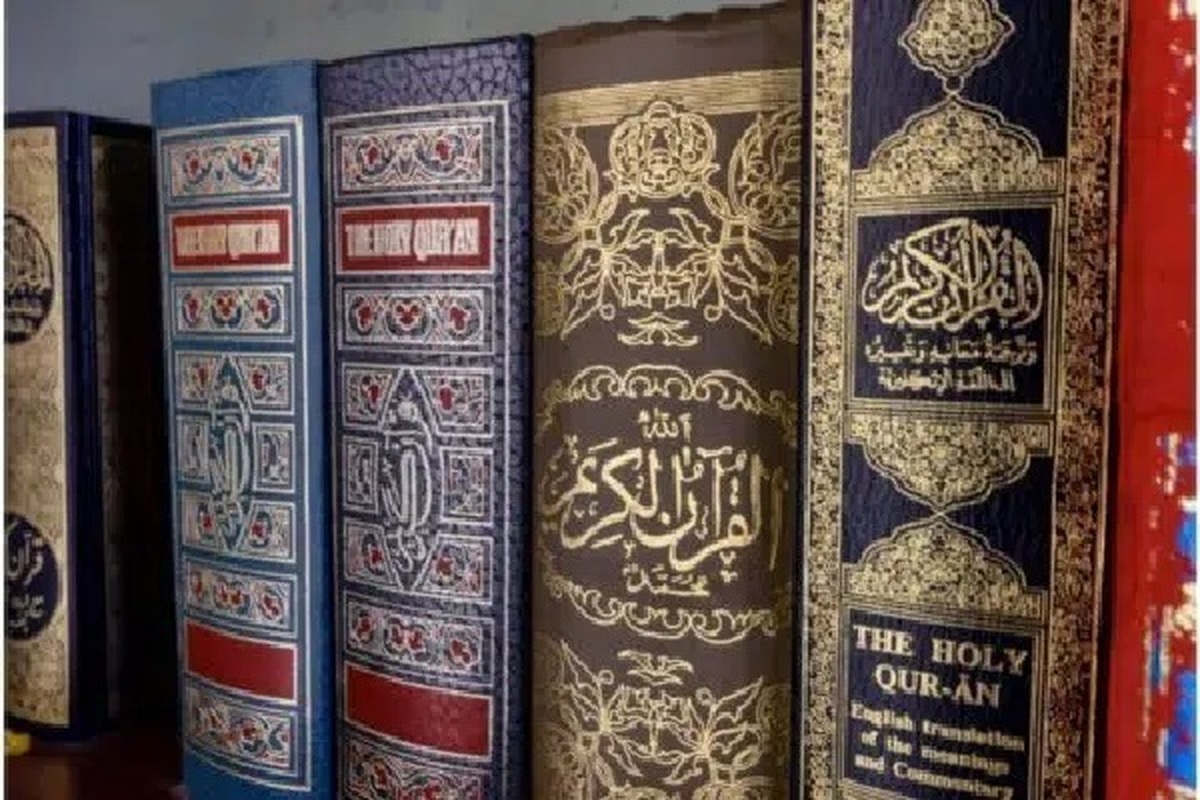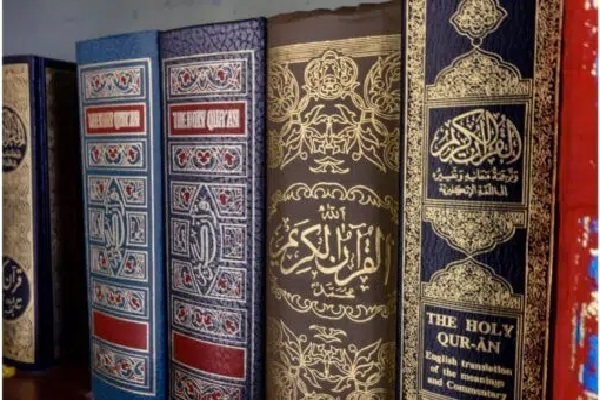Senior Omani Cleric Offers Insight on Necessity, Challenges of Quran Translation


Sheikh Kahlan Al-Kharusi in an article elaborated on different aspects of translation of Islam’s Holy Book.
He said proper rendering of the Quran into various languages is difficult but possible and the task should be done by a translator who is fluent in both Arabic and the target language and knows the nuances of both languages.
The translator should use a combination of translations and interpretation of the meanings and concepts of the verses in order to best convey the messages of the Quran, he wrote.
Sheikh Al-Kharusi said no one can translate a text from one language into another in full and this is more the case when it comes to the translation of sacred texts.
There are some who argue that the Holy Quran cannot be translated into other languages and trying to do it is not permissible, he stated.
The cleric rejected the idea and said translating the Quran is possible and its accuracy depends on the creativity, skills and mastery of the translator on the source and target languages.
The translator should also bear in mind the target group and such issues as the culture, environment, and context of the society the translation is meant to address, he said.
Elsewhere in the article, the cleric cited some of the reasons why the Quran has been revealed in Arabic, citing the eloquence of the language, its articulacy, the variety of its words, and the structure of sentences as some of the examples of the high capacities of the language.
Read More:
He also referred to two verses of the Quran which point to the revelation of the Holy Book in the Arabic language: Verse 2 of Surah Yusuf: “We have revealed it in the Arabic language so that you (people) would understand it.”
And Verse 44 of Surah Fussilat: “Had We sent down this Quran in a non-Arabic language, they would have said, "Why have its verses not been well expounded?" Could a non-Arabic Book be revealed to an Arabic speaking person?”
4214487



